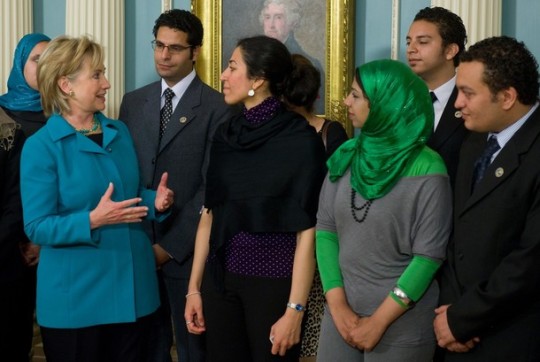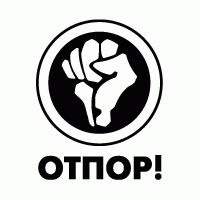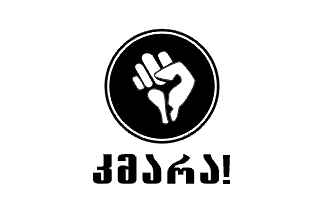Jul 03
20120
Carbon Markets | REDD, David Suzuki Foundation
Capitalism Carbon Markets David Suzuki Foundation Green Economy neoliberalism RIO+20
David Suzuki: A Figure of Left-liberalism — At Its Breaking Point
Overcoming Doom with Dr. David Suzuki
June 25, 2012
Canadians love David Suzuki, and rightly so.
The span of Suzuki’s lifework — from biologist to public broadcaster and environmentalist — testifies to a pivotal paradox of our time. Namely, that the emergence of modern environmentalism and expanding environmental consciousness has coincided exactly with the latticework expansion and penetration of industrial capitalism (and the hollowing of democratic mechanisms). So it is that 20 years after his daughter Severn, then age 12, addressed the Rio Earth Summit in 1992, Dr. Suze says such policy conferences are “doomed.” There’s been no progress. In fact, it’s only gotten worse. There can be no more avoiding the issue: humanity needs a whole new economic system.
Interestingly, Suzuki was recently forced to resign from the board of The David Suzuki Foundation, fearing that his outspokenness (his propensity for saying things that are true) would jeopardize the Foundation’s charitable status (what with the Harper Cons’ full-scale war on environmental and social justice organizations).
In this interview with Amy Goodman (video below) following the inevitable fiasco of the Rio+20 Summit (billed as the largest UN conference in history), Suzuki stands as a figure of left-liberalism — or social democracy — at its breaking point. The technocratic market-oriented efforts to combat greenhouse gas emissions such as Europe’s carbon trading scheme, sometimes touted by Suzuki and pragmatists of his ilk, have been revealed not as practical ameliorative steps, but terrible scams. And the vacuous but eloquent Harvard men like Barack Obama celebrated by liberal NGO do-gooders, have, of course, sold them down the river. To be blunt: for all the wisdom and rationality of his science, Suzuki’s Third-Wayist politics, like that of the mainstream environmental movement at large, have been an unmitigated failure if truly combating climate change is the benchmark.
Thus we might see in Suzuki’s forced shift from “charitable” to political “status” a long overdue turn in the right (read: left) direction. That is, while a forced play, Suzuki’s resignation is connected to a broader recognition, however painful, that the “practical” liberal approach of addressing humanity’s challenges by getting all the smartest wonks together at a conference is worse than fantasy — it’s a catastrophe. There are vested interests, the world is riven by relations of power, and the shape of our future will be determined by the relentless and exterminatory logic of commodification. That is, unless more people, like Suzuki, wake up from their liberal dreaming, and get serious.
I could go on about the content of Suzuki’s remarks in this interview, which continue to express the contortions of someone with conventional political assumptions struggling to reckon with the impossibility of marrying capitalism to environmental sustainability. Some of the old euphemisms and evasions persist. Not yet a full apostate, Dr. Suzuki still cannot get his lips to form that lone little word, like YHWH, which liberals dare not say without qualification: capitalism. But a break has been made. At root, says Canada’s most trusted public figure, the problem we face is not corrupt politicians, oil companies, or denialists. It’s an economic system we must break up with. And I commend Suzuki for beginning to say what those on the far left have been saying for generations.












